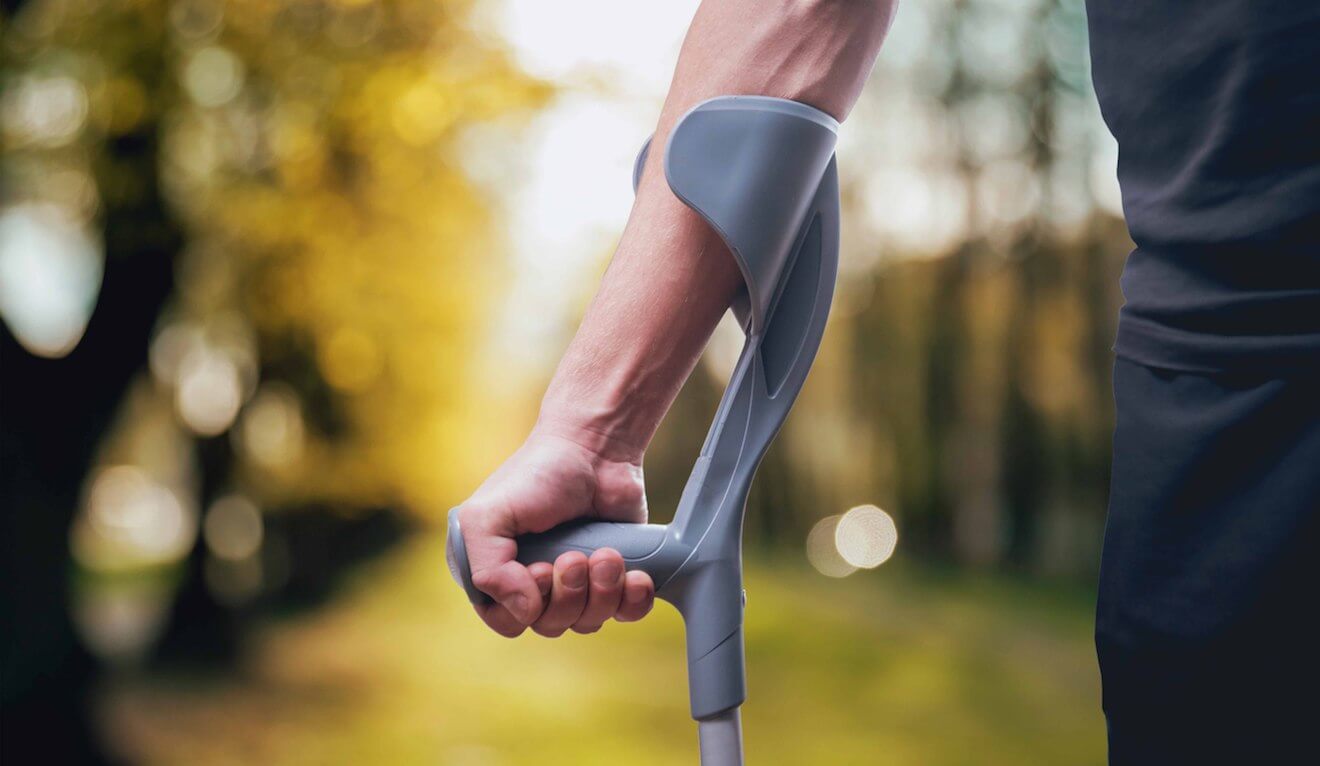A newly disabled person can cope with the new reality by expecting and accepting the negative emotions, learning to manage new energy levels, and devising ways to reduce the impact of the disability on his or her life. The newly disabled person should also prioritize his or her health and engage in things that contribute to his or her sense of and purpose. By implementing these strategies, a person can cope with the disability and regain control of his or her life.
Expecting and Accepting Negative Emotions
A person who develops a permanent disability after an accident or illness is likely to experience a variety of negative emotions, including anger, disbelief, fear, and grief. The amount of impact the new disability will have on an individual’s life determines the degree to which the individual feels these emotions. He or she should understand that experiencing these emotions immediately after developing a disability is normal. It’s advisable for him or her to talk to other individuals in similar circumstances or professional counselors. He or she should keep in mind that everyone responds to a permanent disability differently.
Learning to Manage the New Energy Levels
A newly disabled person tends to experience a change in energy levels. The person’s mind-body relationship has changed and he or she will require more effort to perform tasks that used to be easy. Understanding the new energy levels and avoiding unnecessary pressure is crucial. A disabled person should learn to request help or reschedule whenever he or she is overwhelmed with tasks. He or she should also leverage his or her creativity to develop solutions that require less effort.
Minimizing the Impact of the Disability on Everyday Living
Disability significantly changes the life of a newly disabled person. Accepting this reality and finding ways to minimize the impact of disability on daily living is a wise decision. The disabled person should strive to know his or her rights and use available resources. Although the individual can’t reverse his or her disability, he or she can make use of available adaptive technologies. The individual can, for instance, simplify his or her life by acquiring tools like smart devices, a white cane, a prosthetic, or a wheelchair.
Prioritizing Health
Giving health a priority enables a disabled person to feel his or her best at all times. Exercising regularly, eating healthy, getting enough, restful sleep, and adopting effective stress management mechanisms are some of the ways the disabled person can support and improve his or her health. These strategies will prove effective, especially if the person’s disability was caused by a catastrophic accident.
Finding a New Meaning and Purpose
A disability can take a toll on various aspects of a person’s identity, leaving him or her feeling useless and dejected. For this reason, it’s important for a newly disabled person to find and engage in things that give him or her new meaning and purpose. This may include volunteering, developing new interests, and coming up with new ways to reciprocate to those who help him or her.



